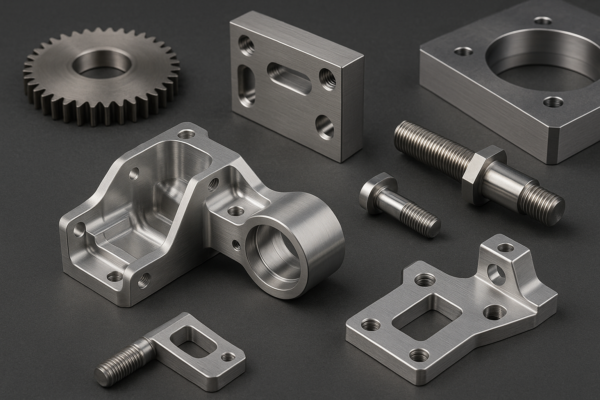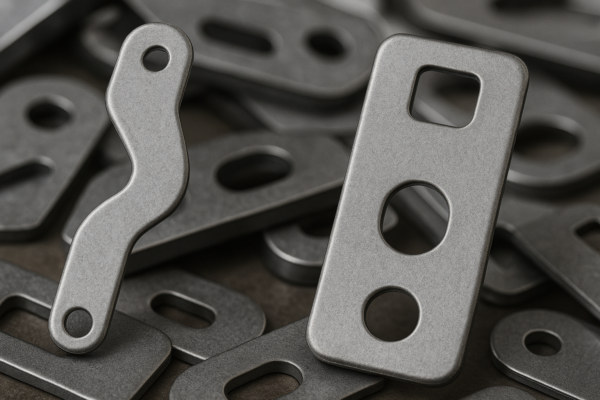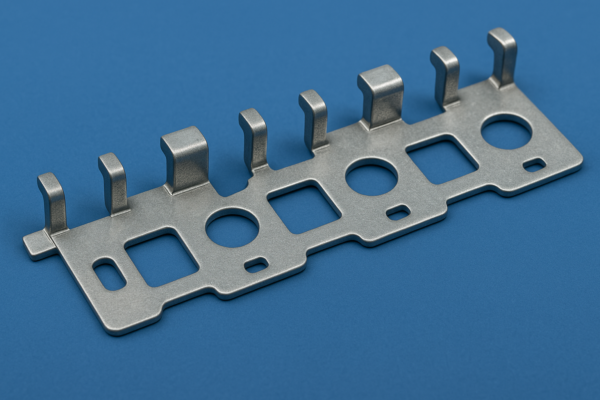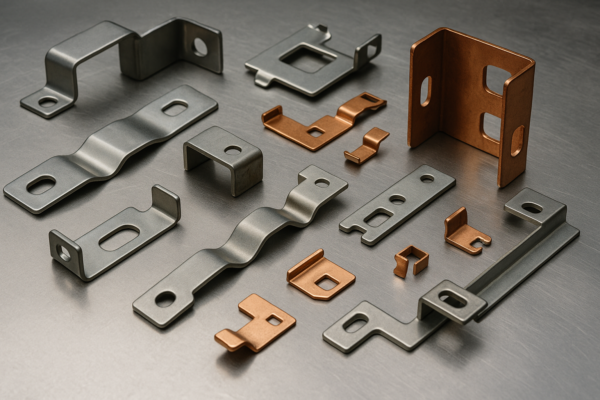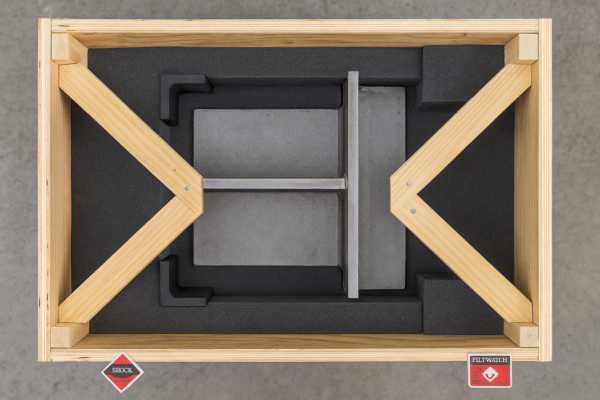Are CNC Machines Illegal?
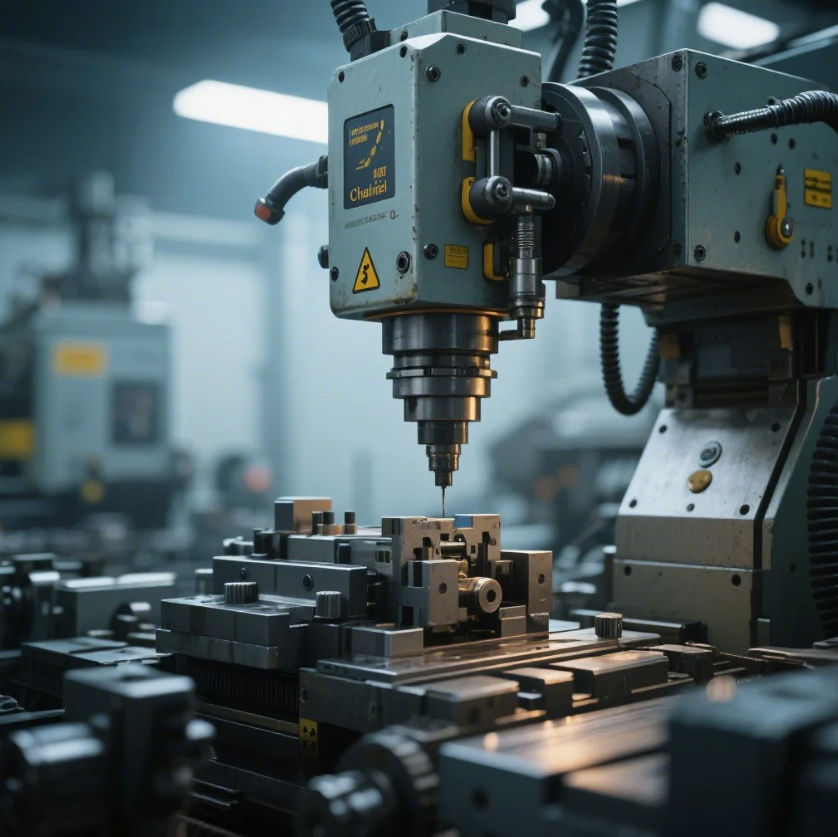
CNC machines are not inherently illegal, but their use is subject to regulation. This article explores the legal landscape surrounding CNC machines.
While CNC machines are widely used for manufacturing and hobby projects, there are legal considerations to keep in mind depending on where and how they are used.
Are you wondering if your CNC machine could get you into trouble? Keep reading to understand the regulations surrounding its use.
LOOP_START
Are CNC Machines Regulated?
Yes, CNC machines are regulated, but the extent of the regulation depends on the country and type of usage. Generally, CNC machines used for manufacturing, prototyping, and personal hobbies are legal, but they must comply with local laws and regulations.
CNC machines must meet safety standards, zoning laws, and any specific regulations related to the materials they process.
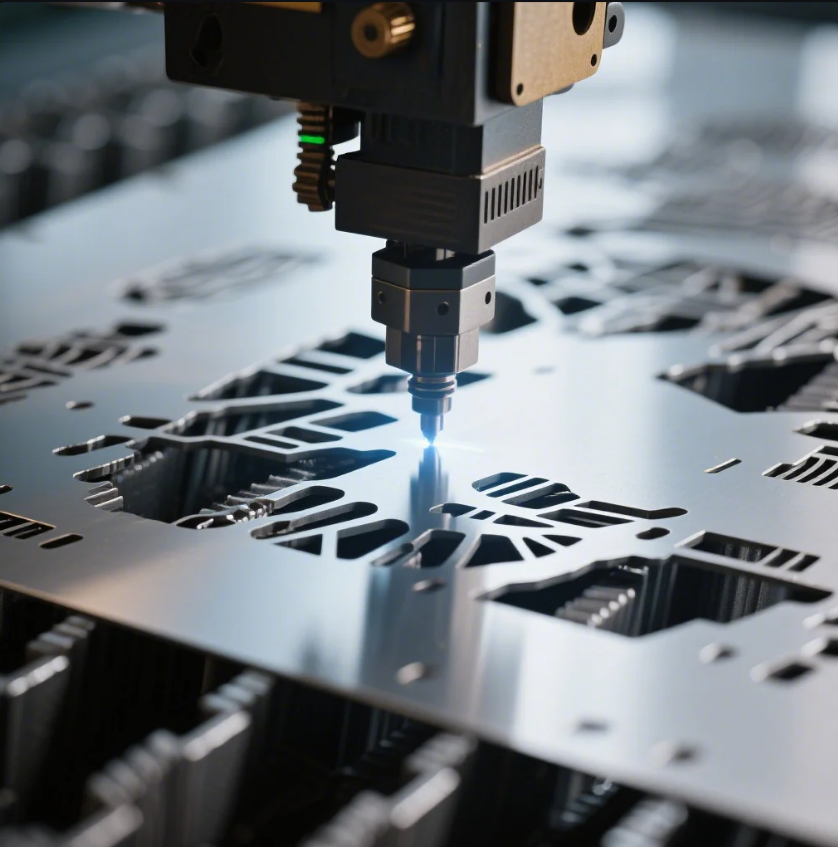
In the U.S., CNC machines are typically regulated under workplace safety laws, such as OSHA guidelines, and zoning laws that govern where machines can be used, especially for businesses. These regulations ensure machines are operated safely to prevent accidents or injuries.
Key Regulations for CNC Machines
The regulations surrounding CNC machines often include:
| Regulation Type | What It Covers |
|---|---|
| Safety Standards | Worker safety and machine operation |
| Zoning Laws | Restrictions on where machines can be used |
| Environmental Laws | Waste disposal, emissions, etc. |
Ensuring compliance with these regulations is crucial for legal operation.
LOOP_END
Is CNC Illegal in California?
No, CNC machines are not illegal in California, but like in other states, there are specific laws governing their use, especially when it comes to manufacturing and business operations.
California has stringent regulations, particularly regarding safety, noise control, and environmental impact, which affect CNC machine operations.
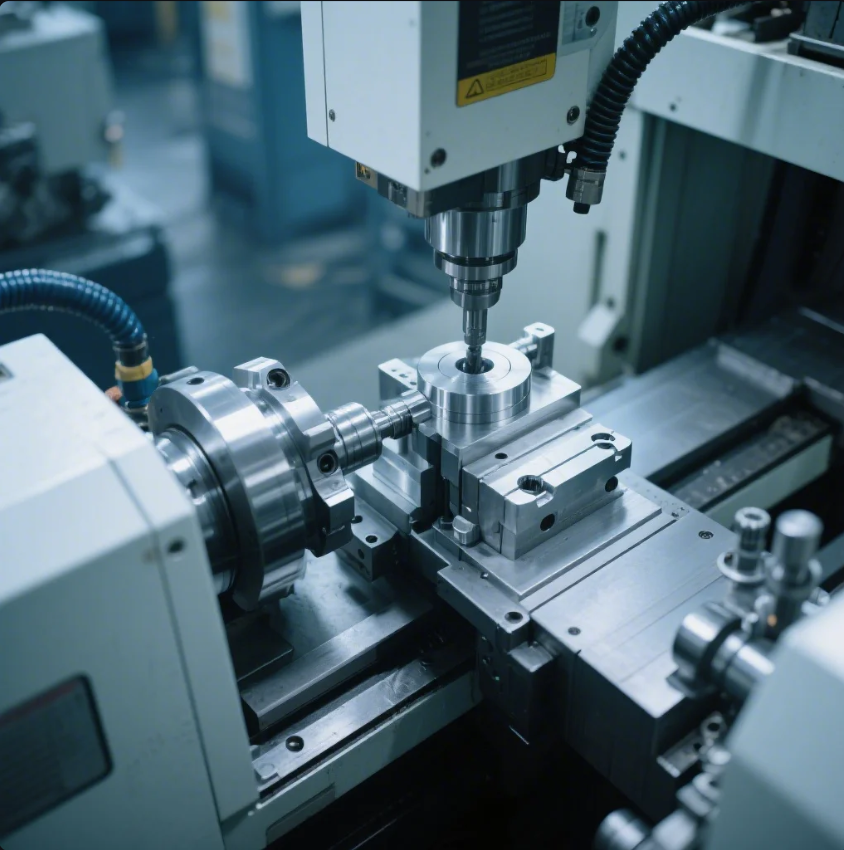
California’s laws are often more restrictive than other states, particularly in industries that use CNC machines for large-scale manufacturing. Businesses using CNC machines must ensure they comply with local environmental regulations, such as air and water quality laws, and noise ordinances, as they are frequently subject to more rigorous standards in California.
Key Regulations for CNC Machines in California
Some key regulations include:
| Law or Regulation | What It Covers |
|---|---|
| Air Quality Laws | Limitations on emissions from machines |
| Noise Regulations | Restrictions on noise levels from machines |
| Zoning Laws | Permits needed for industrial operations |
CNC machines used for personal or hobby use generally don’t face the same level of scrutiny as industrial machines.
LOOP_END
Are There Specific Laws About CNC and Weapons?
Yes, there are specific laws that regulate the use of CNC machines when it comes to manufacturing weapons, parts of firearms, or other controlled devices.
Manufacturing gun parts or weaponry using CNC machines can be illegal without the proper licensing or compliance with federal and state regulations.
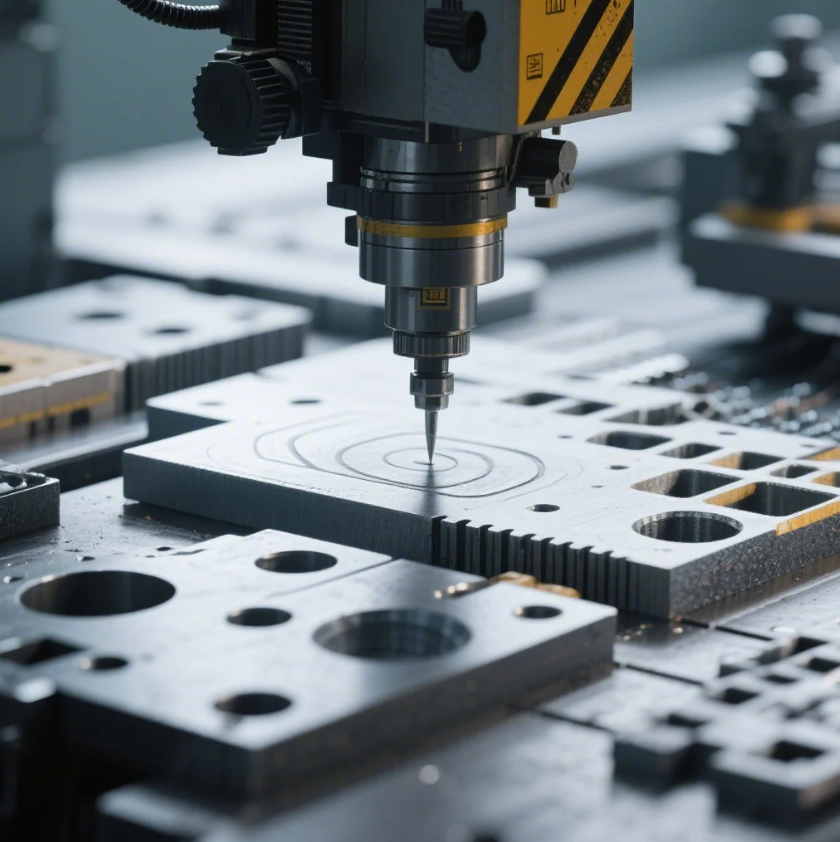
In the United States, using a CNC machine to manufacture firearms or parts of firearms is heavily regulated under the National Firearms Act (NFA) and the Gun Control Act (GCA). These laws control the production, sale, and possession of firearms, and individuals or companies involved in weapon manufacturing need to follow strict guidelines.
Key Legal Considerations for CNC and Weapons
- Federal Regulations: You must obtain a Federal Firearms License (FFL) if you’re manufacturing or selling firearms or firearm components.
- State Regulations: Some states have even stricter laws about producing gun parts, such as California, where laws governing firearms manufacturing are comprehensive.
- Homemade Guns: Creating firearms at home using a CNC machine may be allowed for personal use but can lead to severe consequences if sold or transferred without proper documentation.
Make sure to consult legal experts if you plan to use CNC machines for producing any type of firearm or related parts.
LOOP_END
Can I Start a Business with a CNC Machine?
Yes, you can start a business with a CNC machine, but you need to follow local regulations regarding business licensing, zoning laws, and safety standards.
Starting a CNC-based business is legal as long as you comply with all relevant laws and regulations in your area.
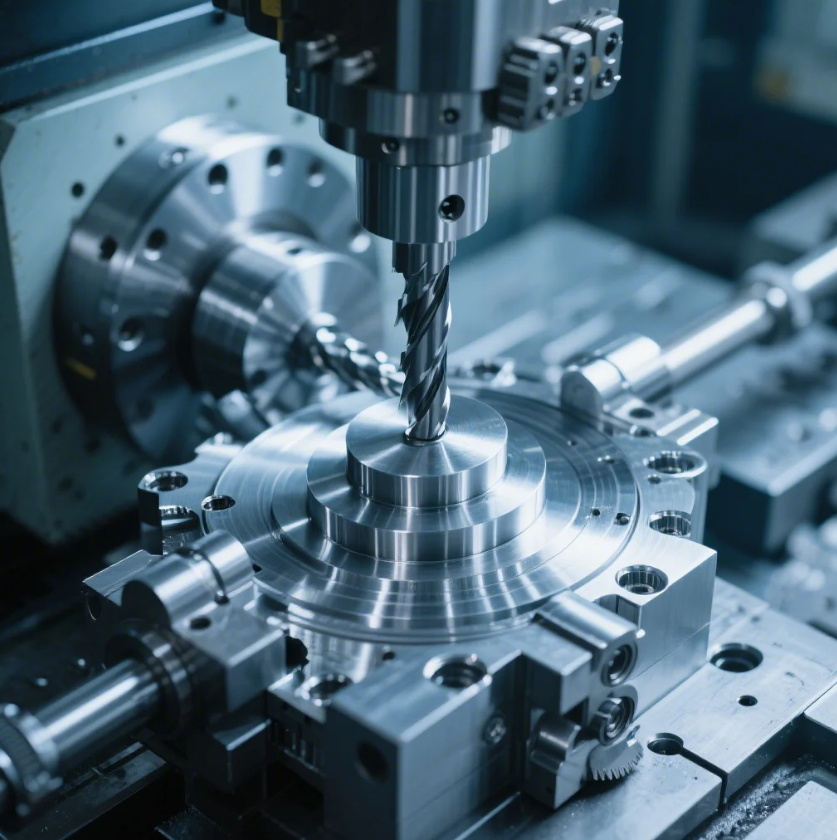
You can start businesses such as:
- Custom Parts Manufacturing: Offer CNC machining services to produce parts for other companies or hobbyists.
- Signage or Engraving Services: Use CNC machines to make custom signs, nameplates, or engravings.
- Prototyping Services: Help inventors or engineers create prototypes of new products.
Before starting your CNC business, make sure to obtain necessary permits, understand the zoning laws in your area, and comply with environmental and safety regulations.
Key Steps to Starting a CNC Business
| Step | What It Involves |
|---|---|
| Business License | Register your business and obtain required permits |
| Zoning Permits | Ensure your location is zoned for industrial use |
| Safety Compliance | Follow OSHA safety guidelines and machine maintenance |
By ensuring that you follow these steps, you can successfully launch your CNC-based business and avoid any legal issues.
LOOP_END
Conclusion
CNC machines are legal to use, but they come with specific regulations that vary by location and application. Whether you’re using a CNC machine for personal projects, starting a business, or considering using it for weapon manufacturing, understanding the laws is crucial.
If you’re looking to use CNC machines in your business or personal projects, ensure you’re fully compliant with local regulations. Contact Prime for expert CNC machining services that meet the highest industry standards. Get in touch today for a free consultation and customized quote.

